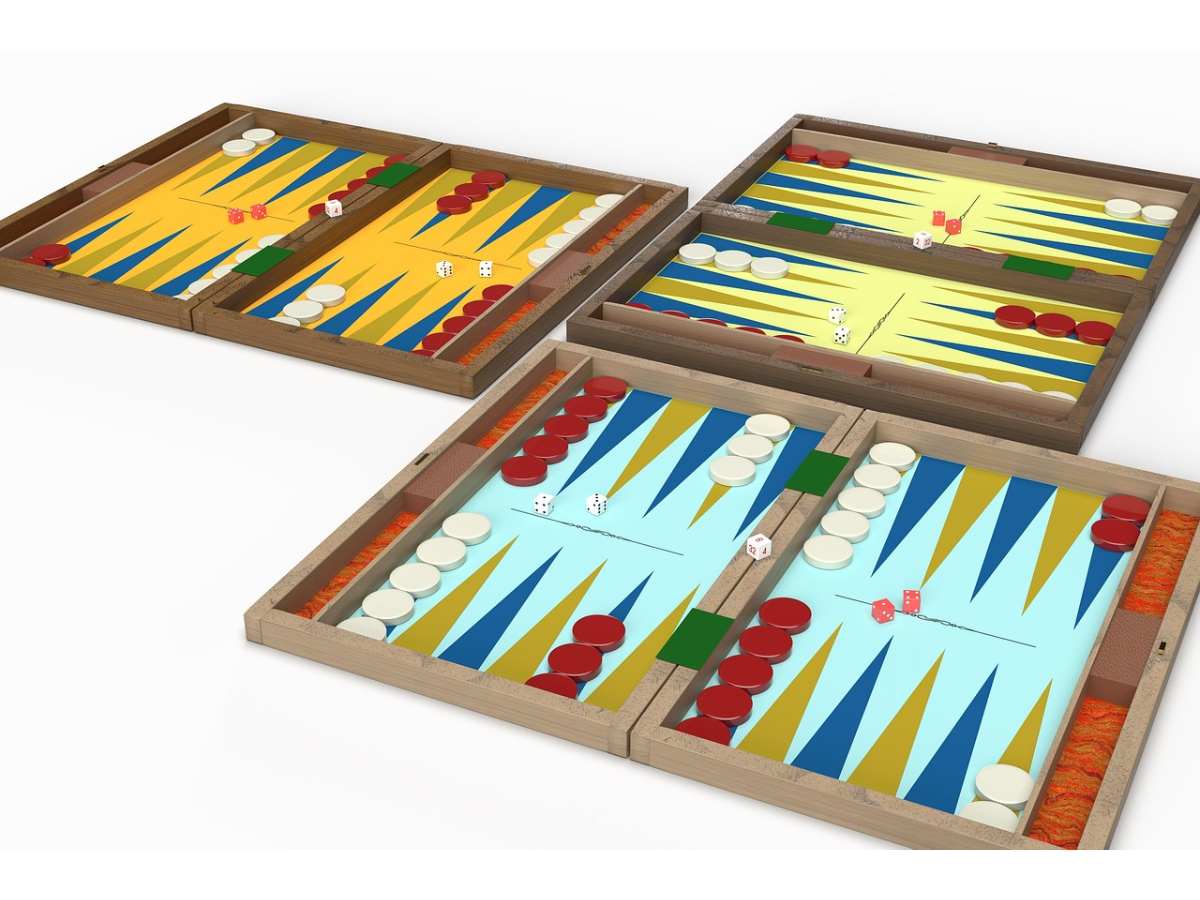Ever stared at your screen and felt that twinge of doubt when the cards flip or the wheel spins and wondered, “Is this really fair?”
I’ve been there, heart thumping, convinced the code’s out to get me.
But fairness in digital table games isn’t left to guesswork; it’s anchored in technology, regulations, and yes, human oversight.
Table of Contents
RNG: The Invisible Shuffler
Random Number Generators, or RNGs, are the silent partners in every virtual blackjack hand, dice roll, or spin. They’re algorithms designed to mimic the chaos of real-world randomness. Imagine millions of calculations whirring away—each spin a brand-new, independent event.
No memory of past outcomes, no peeking ahead.
It all starts with a seed value (think of it as a starting point), then the algorithm churns out numbers so fast it’s impossible to predict. These numbers map to specific outcomes: a card, a number on a wheel, a dice face.
Top-tier RNGs are audited—often multiple times a year—by third-party labs. They check that the distribution of results matches statistical expectations; if you flipped a virtual coin a million times, heads and tails should each land about 50% of the time.
Still, some players squint at RNGs like they’re black boxes. And fair enough—without a croupier’s shuffle or a physical wheel, it can feel abstract. That’s where live dealers step in.
The Human Touch of Live Dealers
Cue the studio lights. A real dealer, deck in hand, brings the tactile reality back to your screen.
You see the shuffle. You hear the ball clack. You almost smell the resin—okay, maybe not, but you get the idea. This transparency builds trust. You’re not trusting an unseen algorithm; you’re watching human hands deal the cards.
Of course, a live stream isn’t magic either. It relies on smooth video feeds, robust encryption, and strict protocols: cameras at every angle, supervisors overseeing every spin, and secure setups for the games. Dealers follow procedures as tightly as in any land-based casino. It’s less about lull-before-the-storm tension and more about seeing every pulse of the action.
Balancing Tech and Trust
Fairness in digital table games such as online roulette wheels ultimately rests on a blend of:
- Rigorous RNG testing by independent labs;
- Live-dealer oversight, real-time video, and dealer integrity;
- Licensing from regulatory bodies (think Malta, Gibraltar, UKGC)—the rulebook they must follow;
- And clear, published payout percentages (RTPs) you can actually review.
Combine these, and the odds you face online mirror—and sometimes beat—the brick-and-mortar house edge.
Takeaways
Fair play isn’t just good manners; it’s good business. Players vote with their wallets, and no one sticks around a rigged game.
So next time your chips go in, whether you pick RNG-powered poker or a live baccarat table, remember: fairness is coded, certified, and often streamed live.
And yes, you can sleep easier knowing the spin—or the shuffle—isn’t out to con you.
Ready to weigh in? Have you ever doubted a digital deal, or do you trust the spin?
Drop your thoughts below—your take might help the next player find their confidence at the virtual table.

